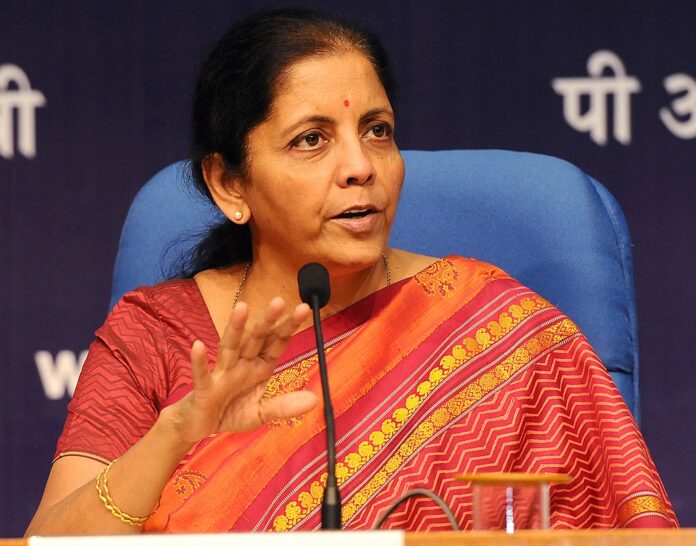Finance Minister Nirmala Sitharaman argues that an inheritance tax could reverse India’s progress, reflecting on past high tax regimes under Congress rule
Union Finance Minister Nirmala Sitharaman recently expressed strong criticism of the Congress party’s historical approach to taxation, following a statement by Congress leader Sam Pitroda about the benefits of inheritance tax, as observed in America. This critique comes at a time when the debate over wealth distribution has reignited in India, sparked by Pitroda’s comments on the need for a similar law in India.
Sitharaman highlighted the detrimental impact such a tax could have on the middle and aspirational classes in India. She described how these groups, who save through small investments or dream of owning a home, would be unfairly targeted by this form of taxation. The Finance Minister’s argument taps into the broader sentiment that excessive taxation could undermine the economic strides made by the nation over the last decade.
Embed from Getty ImagesDrawing parallels with past policies under Congress governance, Sitharaman recalled the era when a staggering 90 per cent tax rate was imposed, emphasizing that such policies were reflective of a socialist model that penalized wealth creators. She pointed out that reintroducing such a model through inheritance tax could negate the progress achieved and potentially punish current and future generations by diminishing their economic legacy.
The context for these comments stems from a viral video in which Pitroda praised the U.S. system, where a substantial portion of wealth is taxed at the time of inheritance, suggesting that such policies could ensure wealth redistribution. This statement has spurred a significant backlash, particularly among leaders from the Bharatiya Janata Party (BJP), who view it as a threat to economic freedom and growth.
The issue has prompted a broader discussion on the role of taxation in wealth redistribution, with various stakeholders weighing in on the potential implications for India’s socio-economic landscape. While some advocate for measures that prevent wealth accumulation in the hands of a few, others, like Sitharaman, warn of the risks to economic vitality and individual financial security.
Despite the controversy, the Congress party has distanced itself from Pitroda’s remarks, stating that they do not reflect the party’s official stance on inheritance tax. This dissociation suggests an ongoing internal debate and the complexities involved in formulating policies that balance equity and growth in a rapidly changing global economy
